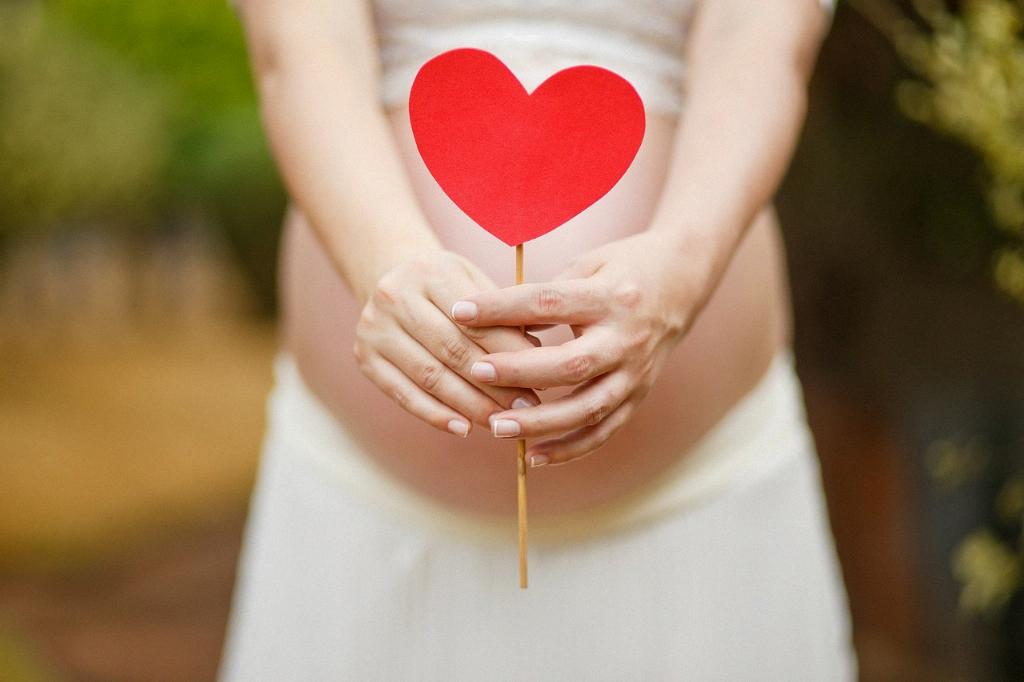It’s not uncommon to experience a late period at some point in your life, and the reasons for this can vary widely. While pregnancy is often the first thing that comes to mind when periods are delayed, there are numerous other factors that can contribute to this phenomenon. Let’s delve into some of the common reasons why your period might be late when pregnancy is not the cause.
Weight Fluctuations and Their Impact on Menstrual Cycles
One of the primary reasons for a late period other than pregnancy is weight fluctuations. Whether you’ve gained or lost a significant amount of weight recently, these changes can disrupt your body’s hormonal balance and affect the regularity of your menstrual cycle. Extreme dieting or intense exercise regimens can also contribute to irregular periods.
Hormonal Imbalances and Their Role in Menstrual Irregularities
Hormonal imbalances can also play a crucial role in causing a late period. Conditions such as polycystic ovary syndrome (PCOS) or thyroid disorders can disrupt the production of hormones essential for menstrual cycle regulation. Stress, which can impact hormone levels, is another common factor that can lead to menstrual irregularities.
Medications and Their Influence on Menstrual Patterns
Certain medications, such as hormonal birth control pills, can affect the regularity of your periods. If you’ve recently started or stopped taking a contraceptive method, it’s not unusual for your menstrual cycle to be temporarily disrupted. Other medications like antidepressants or antipsychotics could also impact your period timing.
Underlying Health Conditions That Can Affect Menstrual Regularity
Various underlying health conditions can contribute to a late period. Endometriosis, pelvic inflammatory disease, or uterine fibroids are just a few examples of conditions that can cause menstrual irregularities. It’s essential to consult with a healthcare provider if you suspect that a medical condition might be the reason behind your late period.
Menopause and Its Influence on Menstrual Patterns
For women in their late 40s and early 50s, menopause could be the underlying reason for a late period. As women approach menopause, hormone levels fluctuate, leading to changes in menstrual patterns. If you’re in this age group and experiencing irregular periods, it might be a sign of entering perimenopause or menopause.
Stress and Its Impact on Menstrual Cycle Regularity
Emotional or psychological stress can be a significant factor in causing a late period. High-stress levels can disrupt the hypothalamus, the part of the brain responsible for regulating hormones, leading to menstrual irregularities. Finding ways to manage stress through relaxation techniques or counseling can help restore your menstrual cycle’s regularity.
Dietary Habits and Nutritional Deficiencies
Your dietary habits and nutritional intake play a crucial role in maintaining a healthy menstrual cycle. Poor nutrition or deficiencies in essential vitamins and minerals can impact hormone production and overall reproductive health, potentially leading to late or missed periods. Eating a balanced diet and ensuring you’re getting adequate nutrients can support a regular menstrual cycle.
Excessive Exercise and Its Effect on Menstrual Function
While regular physical activity is essential for overall well-being, excessive exercise can have negative consequences on your menstrual cycle. Intense workouts, especially when combined with a low-calorie diet, can disrupt hormonal balance and delay periods. Moderation is key when it comes to exercise to avoid menstrual irregularities.
Environmental Factors That Can Impact Menstrual Regularity
Environmental factors, such as changes in climate or exposure to toxins, can also affect your menstrual cycle. Shift work or traveling across time zones can disrupt your body’s internal clock, potentially leading to a late period. Paying attention to environmental influences and making adjustments as needed can help restore normal menstrual function.
Age-Related Changes in Menstrual Patterns
As women go through different stages of life, such as puberty, adulthood, and menopause, changes in menstrual patterns are expected. Adolescents may experience irregular periods as their bodies adjust to hormonal fluctuations, while older women approaching menopause might notice variations in their menstrual cycle. Understanding the impact of age on menstruation can provide insights into why your period might be late.
Conclusion
In conclusion, a late period when not pregnant can be attributed to a wide range of factors, including weight changes, hormonal imbalances, health conditions, lifestyle choices, and environmental influences. It’s essential to listen to your body, pay attention to any changes in your menstrual cycle, and seek medical advice if you have concerns about irregular periods. By understanding the potential reasons behind a late period, you can take proactive steps to maintain your reproductive health and overall well-being.

